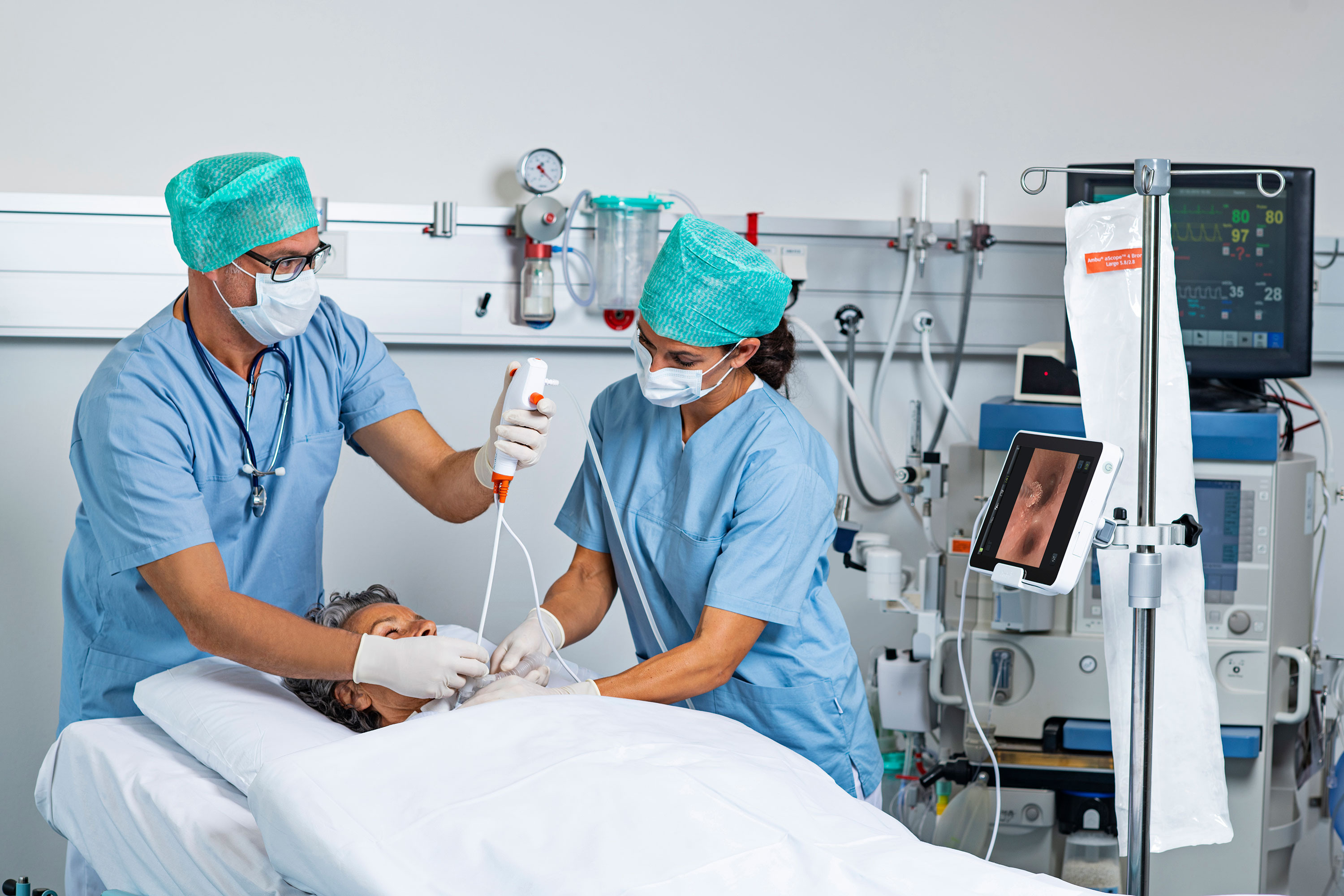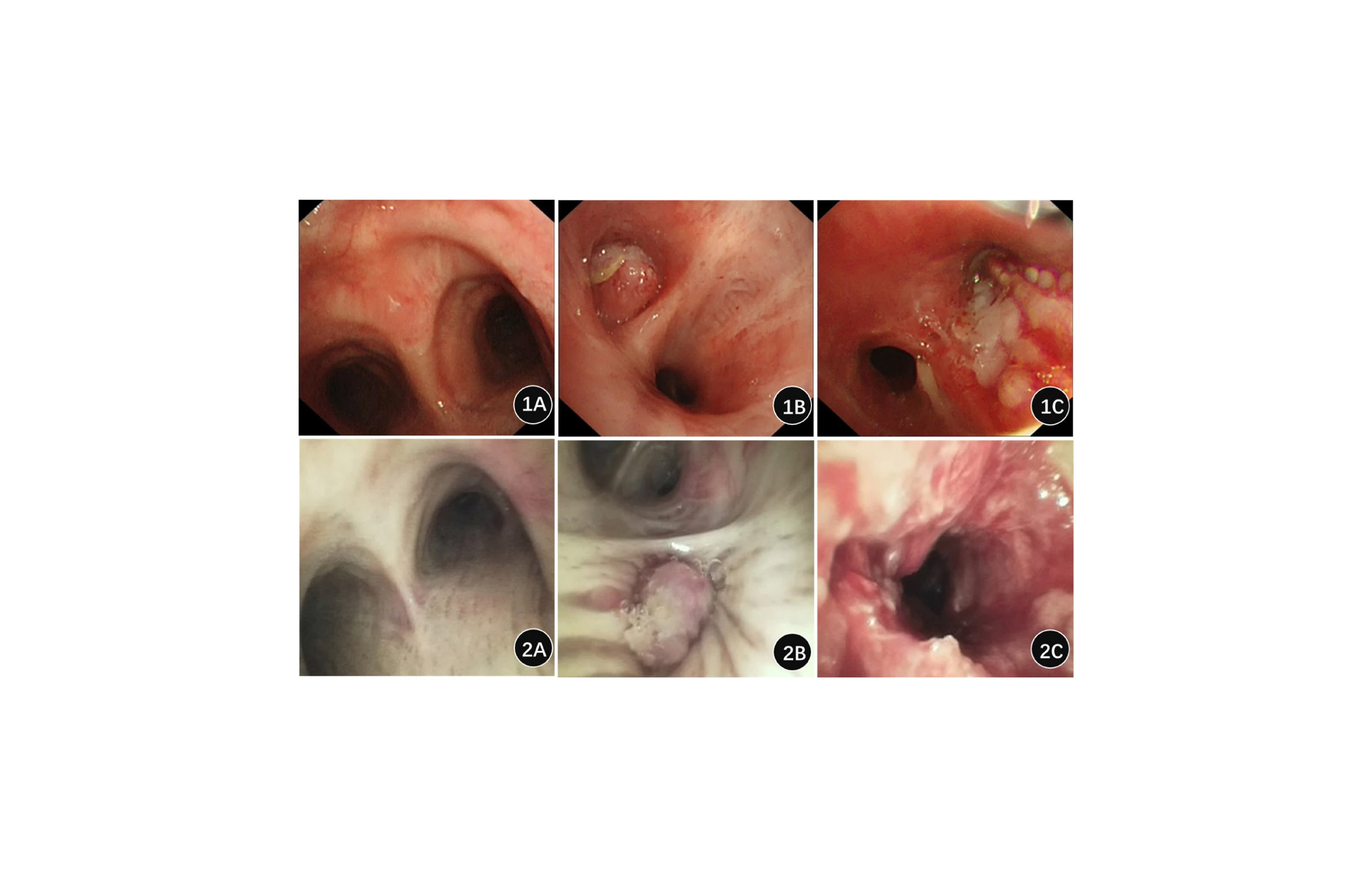
Dr. Matthew Dahl is an otolaryngologist who sees patients at both the private Ear, Nose & Throat Center of Utah as well as on call at a local hospital. It was in the ICU recently where Dahl experienced firsthand what happens when the challenge of reprocessing endoscopes runs up against real-time patient care.
Dahl, at the bedside, asked for a rhinolaryngoscope, a video endoscope used to visualize the nasal cavity, sinuses, pharynx, and larynx. “All they could find in the whole hospital was a tall bronchoscope,” he said. “That was all they could find. [The rhinolaryngoscope] wasn’t even available.”
Such workflow challenges are an unfortunate fact of professional life for ENT doctors and other specialists who depend on the tools of endoscopy in the outpatient clinic, at hospital bedsides or for inpatient consults.
Physicians can be forced to postpone critical medical procedures when specific endoscopes are not available, or they’ll perform the procedure with less appropriate and possibly ill-fitting equipment. And getting access to specific endoscopes can be particularly burdensome for doctors needing to use specific types of devices not kept in large supply – many hospitals, for example, only have one or two rhinolaryngoscopes in stock.
A basic channel-less rhinolaryngoscope is easy to clean and disinfect for ENTs in private practices. But because of cross-contamination risks, hospitals often require rigorous cleaning procedures for all endoscopes. And reprocessing is a 100-step undertaking that requires significant amounts of chemicals and disinfectants.
For ENT doctors, that can mean an already short supply of rhinolaryngoscopes growing scarce as the devices are held up in central processing, or get damaged and have to be sent off for repair.
“If it’s not working, it’s not working, and you’re out of luck,” Dahl says.
A reusable rhinolaryngoscope can cost as much as $9,000, making the economics unworkable for hospitals wishing to stock up on the devices so they’re always available. Ambu’s single-use aScope 4 RhinoLaryngo Intervention and RhinoLaryngo Slim tackle these supply-and-demand challenges at a much lower price point. They’re ready when you are, require no post-procedural handling and come at a low investment cost, making it particularly suitable for outpatient clinic biopsies.
And, because they are single use, the chance for device-related cross contamination is substantially reduced. Both offer a flexible, portable, quality solution that can help doctors be more productive.
“With these disposable scopes, you have access to essentially an unlimited supply at a moment’s notice, guaranteed cleanliness, and you don’t have to worry about reprocessing,” Dahl says. “There shouldn’t be a hospital or emergency room that doesn’t have those scopes immediately available.”


